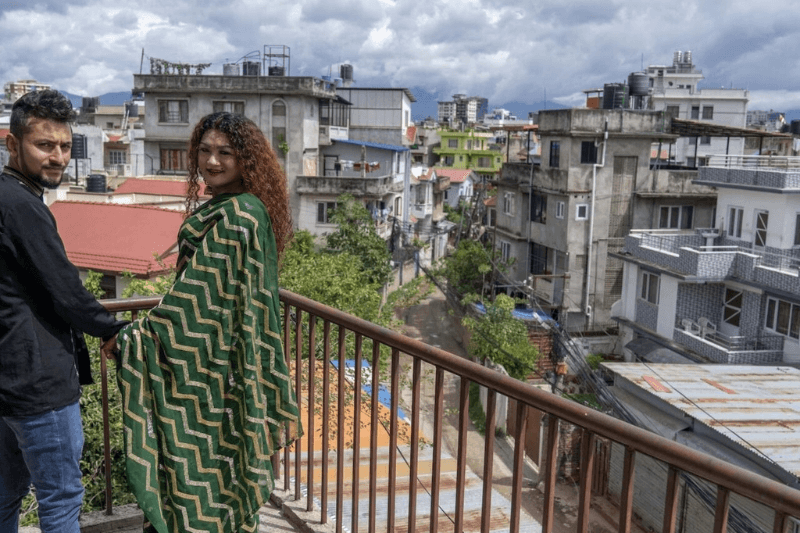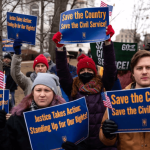
nepal lower courts refuse to register same sex marriages
The lower courts in Nepal have refused to register same sex marriages despite the Supreme Court passing an interim order in June 2023 to establish a transitional mechanism for registration of marriages for “same-sex couples”.
The Kathmandu District Court rejected a couple’s transgender woman and cisgender man registration. It said it did not need to recognize a couple that was not one legal male and one legal female.
The Patan High Court judges said it was the responsibility of the federal government to change the low before the lower courts could register such marriages.
Nepal Only Recognizes Marriage Between Man and Woman
The civil code of Nepal only recognizes marriages between one man and one woman. The Supreme Court cleared the way for marriage equality in the country back in June, opening way for the LGBTQ+ community in Nepal to legally register their marriage.
Related Posts
Sunil Babu Pant, a member of Nepal’s Parliament, had at the time said that the Supreme Court’s historic ruling gave the same rights to third genders and their partners as heterosexual couples. “The Parliament may take a while to pass the marriage equality law but this order gives a practical solution to members of the sexual and gender minority communities who wish to register their marriage legally.”
Back in 2007, the top court ordered the government to establish a committee to study same sex marriage, and eight years later, the committee recommended the government to grant legal recognition to same-sex marriage in terms of the principle of equality.
But successive governments failed to bring the legislation to parliament.
Nepal’s Reputation at Stake
The Human Rights Watch says that by defying the Supreme Court’s order, the lower courts are undermining Nepal’s reputation as a legal leader on sexual orientation and gender identity. Pinky Gurung, of LGBTQ rights group Blue Diamond Society, said the community has a long fight to achieve marriage equality. “The court, especially the Supreme Court, is the only entity that has favored us many times.”
Pant described the government’s slow and lingering process as unjust to the entire sexual and gender minority community.









